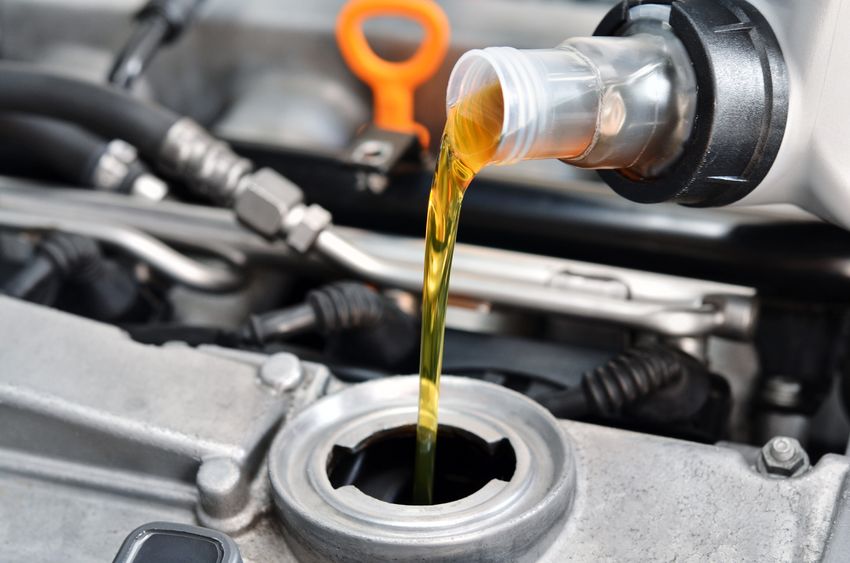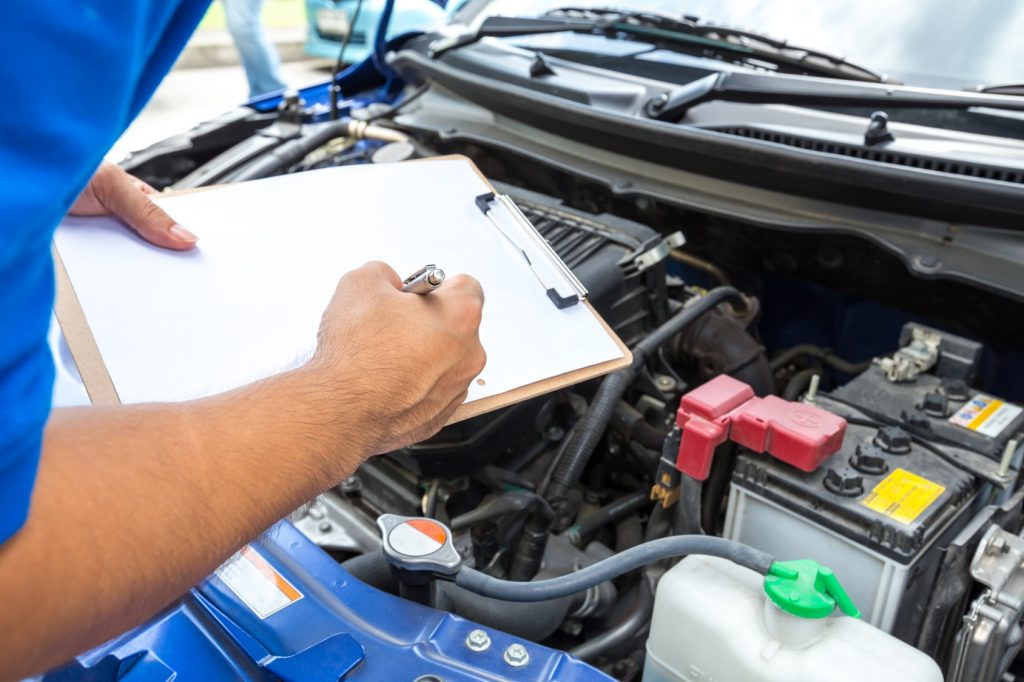A car engine is the heart of your vehicle, and proper maintenance is crucial to ensure its longevity. Regular upkeep not only prevents costly repairs but also keeps your vehicle running smoothly and efficiently. By following a few essential tips, you can significantly extend your engine’s lifespan and enhance your car’s overall performance. This guide covers the most effective maintenance practices that every car owner should know to keep their vehicle in top condition.
Perform Regular Oil Changes

Changing your engine oil at regular intervals is one of the most critical aspects of car maintenance. Engine oil lubricates the moving parts, reduces friction, and prevents overheating. Over time, oil can break down and lose its effectiveness, leading to increased wear and tear. Follow the manufacturer’s recommendations for oil change intervals and always use the correct oil grade for your car. Clean oil helps maintain optimal engine performance and extends its lifespan.
Check and Replace Air Filters
A clean air filter ensures your engine receives the proper air-fuel mixture, which is essential for efficient combustion. Dirty or clogged filters can reduce airflow, causing the engine to work harder and consume more fuel. Inspect your air filter regularly and replace it as needed, typically every 12,000 to 15,000 miles. Keeping the air filter clean enhances engine efficiency and prevents unnecessary strain on its components.
Monitor Coolant Levels
Engine coolant plays a vital role in regulating temperature and preventing overheating. Low coolant levels can lead to engine overheating, which can cause severe damage. Check the coolant reservoir regularly and top it off if necessary. Additionally, ensure that the coolant is clean and free of debris. Flushing and refilling the coolant system as recommended by your car’s manufacturer will help maintain optimal engine temperature and prevent corrosion.
Maintain the Timing Belt
The timing belt is a crucial component that synchronizes the movement of the engine’s valves and pistons. If it fails, it can result in significant engine damage. Inspect your timing belt periodically and replace it according to the manufacturer’s guidelines, usually between 60,000 and 100,000 miles. A well-maintained timing belt ensures smooth engine operation and prevents costly repairs.
Inspect Spark Plugs and Ignition System
Spark plugs play an essential role in igniting the air-fuel mixture within the engine cylinders. Worn or damaged spark plugs can cause misfires, reduced fuel efficiency, and poor engine performance. Check your spark plugs regularly and replace them as needed to ensure efficient combustion. Additionally, inspect the ignition system, including the wires and coils, to prevent any issues that could impact engine functionality.
Benefits of Healthy Spark Plugs
- Improved fuel economy
- Smoother engine performance
- Reduced emissions
Keep the Fuel System Clean
A clean fuel system ensures that your engine receives an uninterrupted flow of fuel. Over time, fuel injectors can become clogged with deposits, leading to reduced engine performance and higher fuel consumption. Use a fuel system cleaner periodically to remove these deposits and maintain optimal engine operation. Additionally, consider using high-quality fuel to prevent buildup and protect your engine.
Check the Battery and Electrical System
The battery and electrical components are vital for starting your car and powering various systems. A weak or failing battery can strain the engine and affect its performance. Regularly inspect the battery terminals for corrosion and ensure a secure connection. Test the battery’s charge level and replace it if it shows signs of weakness. Maintaining a healthy electrical system helps prevent engine-related issues and ensures reliable performance.
Monitor Tire Pressure
While it may not seem directly related to the engine, maintaining proper tire pressure can have a significant impact on engine efficiency. Underinflated tires increase rolling resistance, causing the engine to work harder and consume more fuel. Check your tire pressure regularly and inflate them to the recommended levels. Properly inflated tires improve fuel economy, reduce wear and tear, and contribute to a smoother driving experience.
Follow the Manufacturer’s Maintenance Schedule
Every car comes with a maintenance schedule provided by the manufacturer, outlining specific services and inspections required at various mileage intervals. Adhering to this schedule ensures that your engine and other critical components are well-maintained. From oil changes to belt inspections, following the recommended guidelines helps prevent potential issues and prolongs your car’s lifespan.
Use High-Quality Engine Oil and Fluids
Using premium engine oil and fluids is essential for optimal engine performance. High-quality products provide better lubrication, reduce friction, and offer superior protection against wear. Avoid using low-grade or outdated fluids, as they can compromise engine efficiency. Always use the recommended oil and fluids specified in your owner’s manual to maintain peak performance and longevity.
Advantages of Premium Engine Oil
- Enhanced lubrication
- Reduced engine wear
- Improved heat dissipation
Avoid Overloading Your Vehicle
Excessive weight puts additional strain on the engine, causing it to work harder and consume more fuel. Avoid overloading your car and remove unnecessary items from the trunk or cargo area. Lightening the load helps improve fuel efficiency and reduces stress on the engine, contributing to its extended lifespan.
Pay Attention to Warning Lights
Modern vehicles are equipped with advanced diagnostic systems that alert drivers to potential issues through warning lights on the dashboard. Ignoring these warnings can lead to severe engine problems. If the check engine light or any other warning light illuminates, have your vehicle inspected promptly. Addressing issues early can prevent further damage and keep your engine in excellent condition.
Practice Smooth Driving Habits
Aggressive driving, such as rapid acceleration and hard braking, can put unnecessary strain on your engine and other components. Practice smooth driving habits by accelerating gradually and maintaining a steady speed. Avoid excessive idling, as it wastes fuel and increases engine wear. Gentle driving not only improves fuel efficiency but also reduces the likelihood of engine-related issues.
Benefits of Smooth Driving
- Reduced fuel consumption
- Lower risk of engine damage
- Prolonged vehicle lifespan
Protect Your Engine with Regular Inspections

Scheduling regular inspections with a trusted mechanic can help identify potential problems before they become major issues. During these inspections, professionals can check vital components such as belts, hoses, and seals, ensuring everything is in good working condition. Proactive maintenance helps you stay ahead of potential engine troubles and keeps your car running smoothly for years to come.
Keep Your Engine Bay Clean
A clean engine bay not only looks good but also helps prevent dirt and debris from causing damage. Regularly cleaning the engine bay removes grime, reducing the risk of corrosion and improving heat dissipation. Use appropriate cleaning products and techniques to avoid damaging sensitive components. A well-maintained engine bay reflects your commitment to car care and contributes to better performance.
Final Thoughts on Engine Maintenance
Maintaining your car’s engine is essential for ensuring its long-term reliability and efficiency. By following these tips, you can prevent costly repairs, improve fuel economy, and extend your vehicle’s lifespan. Consistent care and attention to detail go a long way in keeping your engine running at its best. Start implementing these maintenance practices today and enjoy a smoother, more reliable driving experience for years to come.

Leave a Reply